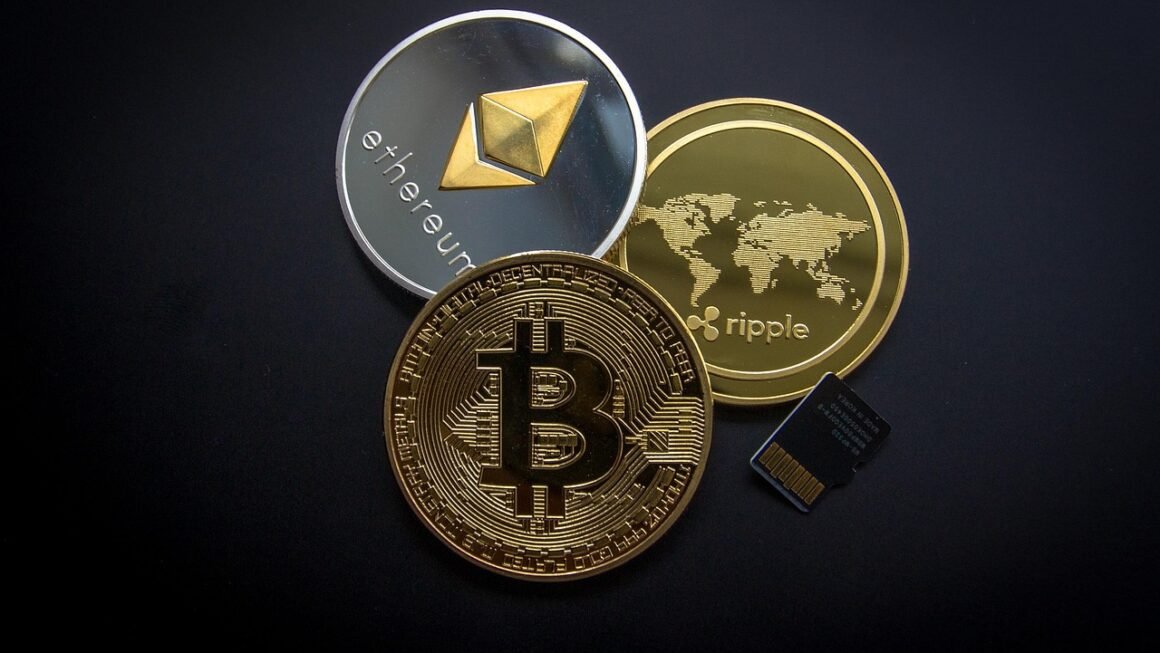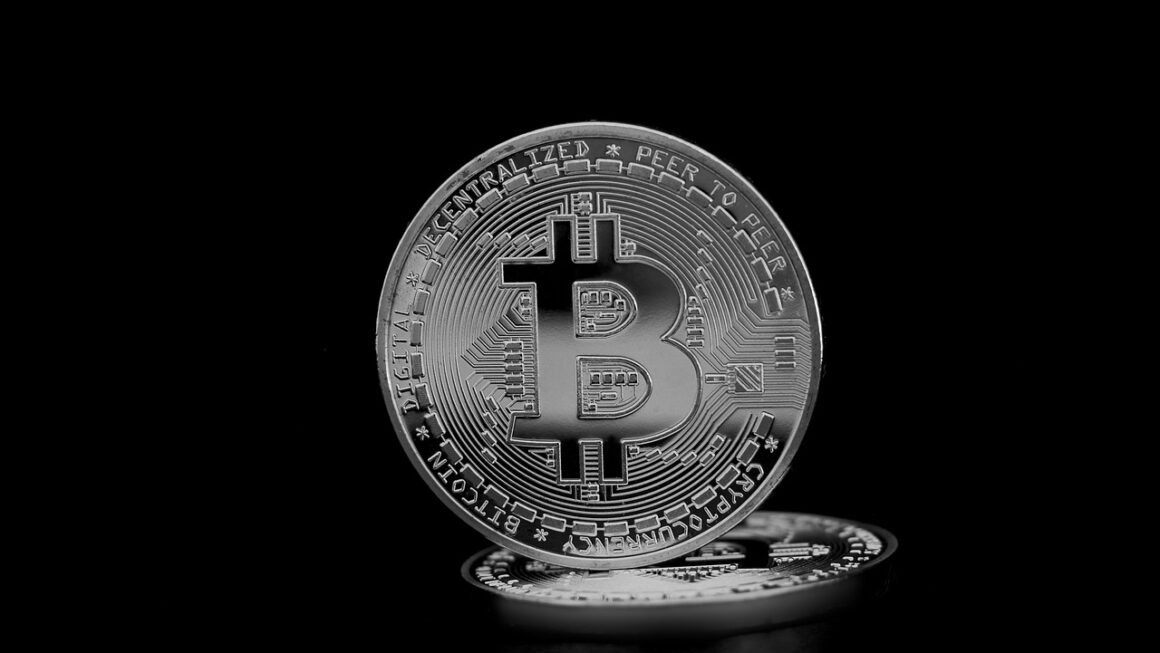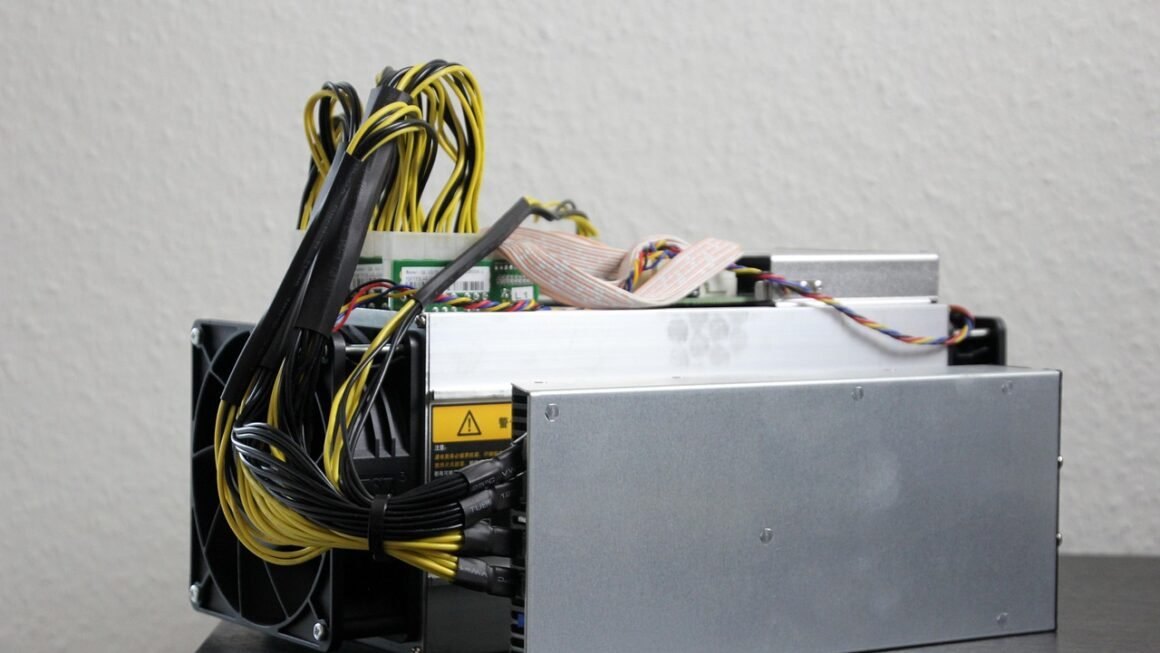Governance tokens have revolutionized decentralized finance (DeFi) and Web3 by putting decision-making power directly into the hands of users. These digital assets grant holders the right to participate in the governance of a project, influencing its future development, strategies, and protocols. This shift from centralized control to community-led direction has been a driving force behind the rapid innovation and growth within the blockchain space.
What are Governance Tokens?
Defining Governance Tokens
Governance tokens are a type of cryptocurrency token that allows holders to participate in the decision-making processes of a blockchain project or decentralized autonomous organization (DAO). Essentially, they represent voting rights within a specific ecosystem. The more tokens you hold, the more influence you have over proposals and changes.
How Governance Tokens Work
The functionality of governance tokens typically involves these steps:
- Proposal Creation: Users or community members propose changes to the protocol, such as adjusting interest rates on a lending platform or adding support for a new asset.
- Voting: Token holders then vote on these proposals using their governance tokens. The weight of their vote is proportional to the number of tokens they hold.
- Execution: If a proposal reaches a predetermined quorum and passes with a majority vote, the proposed changes are implemented. This execution is usually automated through smart contracts.
Examples of Governance Tokens
Several popular projects utilize governance tokens:
- Maker (MKR): Allows holders to vote on risk parameters within the MakerDAO ecosystem, which manages the DAI stablecoin. Changes could include modifying the stability fee or adjusting collateralization ratios.
- Compound (COMP): Grants holders the ability to propose and vote on changes to Compound’s interest rate model, asset listings, and other protocol parameters.
- Uniswap (UNI): Empowers holders to influence the development and future of the Uniswap decentralized exchange (DEX). This includes deciding on fee structures, new features, and the overall direction of the protocol.
Benefits of Governance Tokens
Decentralized Decision-Making
One of the most significant advantages of governance tokens is the decentralization of decision-making power. Instead of a single entity or small team controlling the project, a community of token holders collectively shapes its direction. This reduces the risk of centralized control and promotes a more democratic and equitable system.
Community Engagement
Governance tokens foster greater community engagement by giving users a vested interest in the project’s success. Token holders are incentivized to actively participate in discussions, propose improvements, and vote on proposals that will benefit the ecosystem. This creates a stronger sense of ownership and collaboration.
Transparency and Accountability
Governance processes involving tokens are typically conducted on-chain, providing a transparent and auditable record of all proposals, votes, and outcomes. This transparency increases accountability and builds trust within the community.
Innovation and Adaptability
By distributing decision-making power, governance tokens can lead to more innovative solutions and greater adaptability to changing market conditions. A diverse community of token holders can bring a wider range of perspectives and ideas to the table, leading to more creative and effective strategies.
Risks and Challenges
Token Concentration
A major concern is the potential for token concentration, where a small number of individuals or entities hold a large percentage of the governance tokens. This can lead to those entities having disproportionate influence over decisions, effectively undermining the decentralization that governance tokens are intended to achieve. Data often shows that whales control a substantial portion of governance tokens in many projects.
Apathy and Low Voter Turnout
Even when tokens are widely distributed, voter apathy can be a problem. If a significant portion of token holders do not actively participate in voting, the decisions may be made by a small minority, which may not accurately reflect the preferences of the entire community. Projects address this through mechanisms like vote delegation.
Rational Ignorance
Understanding the nuances of complex proposals can be time-consuming and require specialized knowledge. Token holders may rationally choose not to invest the time and effort required to fully understand the implications of each proposal, leading to uninformed voting decisions. This is often referred to as “rational ignorance.”
Governance Attacks
Malicious actors could potentially acquire enough governance tokens to manipulate the voting process for their own benefit. This could involve exploiting vulnerabilities in the smart contracts or using their voting power to extract value from the project at the expense of other stakeholders. Mitigating this requires careful design of the governance system and ongoing security audits.
How to Participate in Governance
Acquiring Governance Tokens
The first step is to acquire the governance tokens of the project you want to participate in. This can usually be done through cryptocurrency exchanges or by participating in the project’s liquidity pools or staking programs.
Staying Informed
It’s crucial to stay informed about the project’s governance processes, proposals, and discussions. Follow the project’s official channels, such as their website, forum, and social media accounts. Join community discussions and actively engage with other token holders.
Analyzing Proposals
Carefully analyze each proposal before casting your vote. Understand the potential impacts of the proposed changes and consider the perspectives of different stakeholders. Don’t be afraid to ask questions and seek clarification if you’re unsure about something.
Casting Your Vote
Once you’ve done your research, cast your vote using your governance tokens. Be sure to follow the specific voting instructions provided by the project. Remember that your vote can have a significant impact on the future of the project, so take it seriously.
Delegating Your Vote
If you don’t have the time or expertise to actively participate in governance, you can delegate your voting power to another user who you trust to represent your interests. This allows you to contribute to the governance process even if you’re not directly involved in every decision.
Conclusion
Governance tokens are a powerful tool for decentralizing decision-making and fostering community engagement in blockchain projects. While there are inherent risks and challenges, such as token concentration and voter apathy, the potential benefits of increased transparency, accountability, and innovation make them a valuable asset for the future of decentralized finance. By understanding how governance tokens work and actively participating in the governance process, users can play a crucial role in shaping the direction of their favorite blockchain projects. As the DeFi and Web3 spaces continue to evolve, governance tokens will undoubtedly remain a key element in building more democratic and equitable systems.



